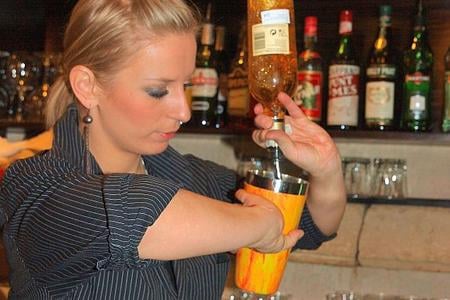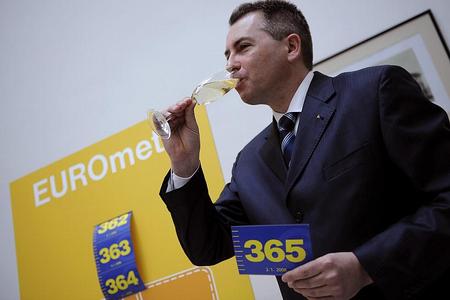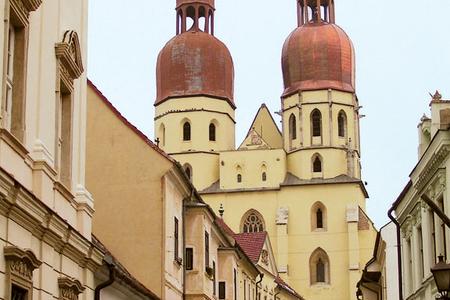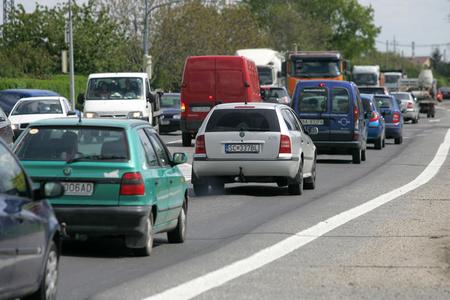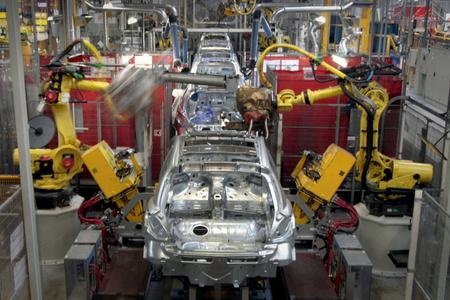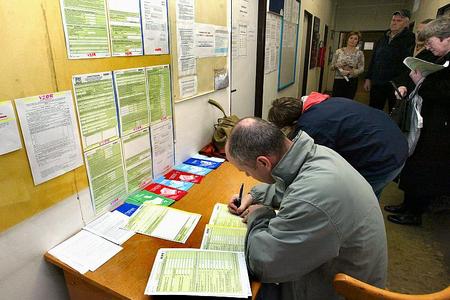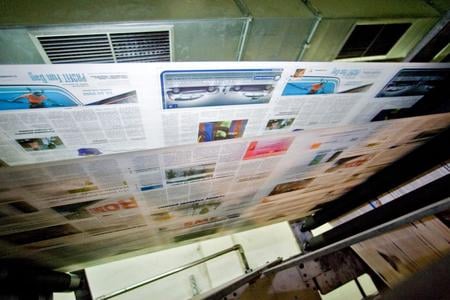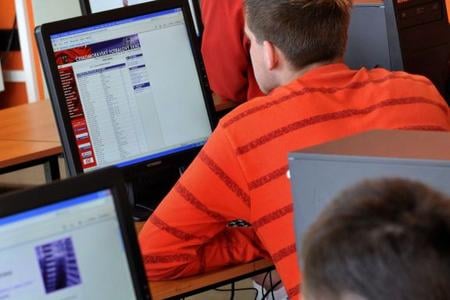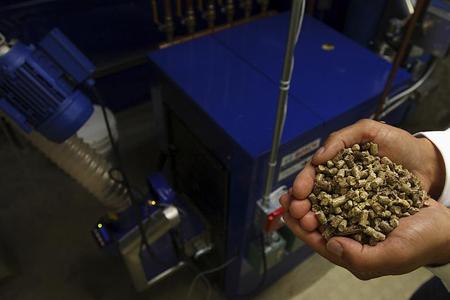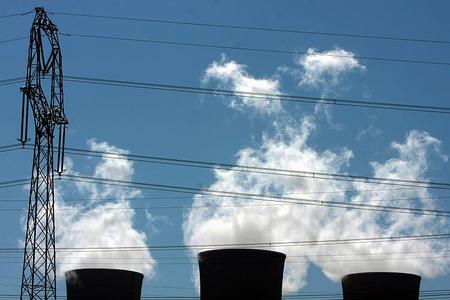- News digest: MPs descend on Foreigners’ Police in Bratislava
- Netherlands urges EU court action over Slovakia’s constitutional changes
- From Ikea to U. S. Steel: These companies reported Slovakia’s biggest losses
- Brezno: a hidden alpine gem poised to become the ‘Slovak Semmering’ Photo
- Nine years in Slovakia: Why I stayed Audio
- Last Week: A new man arrives to oversee the propagandists and disinformers
- Slovakia is home to a newly identified mineral
- Things to do in Brezno: mountains, trails and a town on the rise Photo
- Last Week: A new man arrives to oversee the propagandists and disinformers
- Brezno: a hidden alpine gem poised to become the ‘Slovak Semmering’ Photo
- Wizz Air’s biggest-ever Slovak expansion takes off
- Nine years in Slovakia: Why I stayed Audio
- News digest: MPs descend on Foreigners’ Police in Bratislava
- From Ikea to U. S. Steel: These companies reported Slovakia’s biggest losses
- Things to do in Brezno: mountains, trails and a town on the rise Photo
- Netherlands urges EU court action over Slovakia’s constitutional changes
- Brezno: a hidden alpine gem poised to become the ‘Slovak Semmering’ Photo
- Wizz Air’s biggest-ever Slovak expansion takes off
- Things to do in Brezno: mountains, trails and a town on the rise Photo
- Kofola craze bubbles up in Asia thanks to determined content creators
- Last Week: A new man arrives to oversee the propagandists and disinformers
- Nine years in Slovakia: Why I stayed Audio
- News digest: Former prime minister is plotting a “coup”
- Kvetnica spa
- Wizz Air’s biggest-ever Slovak expansion takes off
- Brezno: a hidden alpine gem poised to become the ‘Slovak Semmering’ Photo
- News digest: Move over, politicians — US stars just sold Slovakia better Video
- Things to do in Brezno: mountains, trails and a town on the rise Photo
- Kofola craze bubbles up in Asia thanks to determined content creators
- Dozens injured in train crash in southeastern Slovakia Photo
- Nine years in Slovakia: Why I stayed Audio
- Last Week: A new man arrives to oversee the propagandists and disinformers
- In Slovakia’s ‘Bermuda Triangle,’ a new trail invites you into the mystery
- News digest: MPs descend on Foreigners’ Police in Bratislava
- Netherlands urges EU court action over Slovakia’s constitutional changes
- From Ikea to U. S. Steel: These companies reported Slovakia’s biggest losses
- Last Week: A new man arrives to oversee the propagandists and disinformers
- They erased his books. Not his voice.
- News digest: Former prime minister is plotting a “coup”
- Nine years in Slovakia: Why I stayed Audio More articles ›






